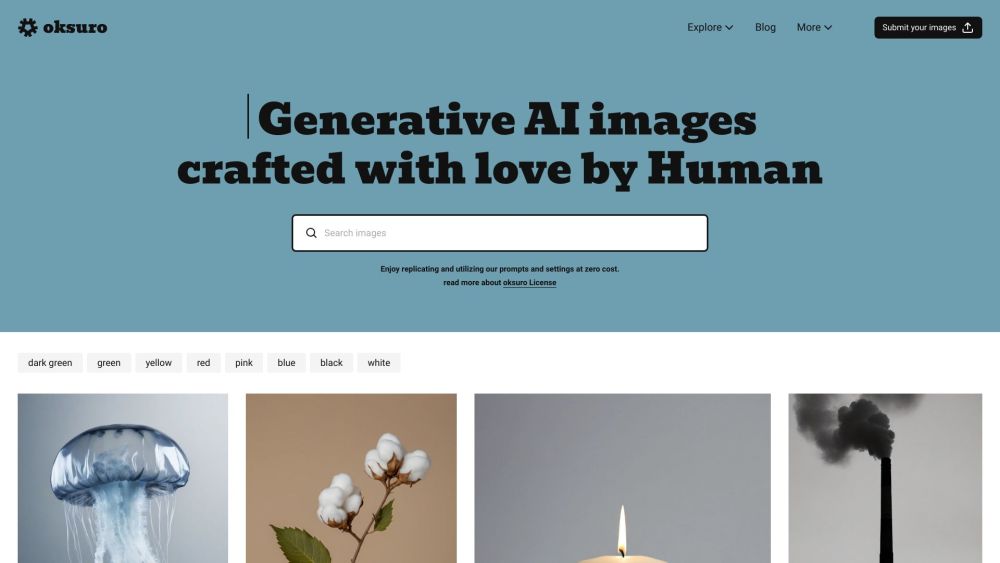The European Commission is facing renewed calls for greater transparency regarding its negotiations with private technology companies and other stakeholders related to a contentious technology policy. This policy could mandate the scanning of private messages of European Union citizens to detect child sexual abuse material (CSAM).
Concerns have emerged about potential lobbying efforts by the tech industry influencing the Commission's drafting of the CSAM-scanning proposal. Unreleased information includes correspondence with private firms that could supply the CSAM-scanning technology, raising questions about their financial interests in any upcoming EU legislation.
Recently, Emily O’Reilly, the EU’s ombudsman, announced preliminary findings of maladministration, which were made public following an extensive review. This follows a similar conclusion reached in January, prompting the Commission to address these issues further. The ombudsman’s latest findings request the Commission to provide a comprehensive response by July 26, indicating that this controversy is far from settled.
The draft CSAM-scanning legislation continues to be debated among EU co-legislators, despite warnings from the Council’s legal service about its legality. Both the European Data Protection Supervisor and various civil society organizations have expressed that the proposal poses a significant risk to democratic rights in the EU. Last October, members of the European Parliament opposed to the Commission’s approach suggested significant revisions to limit the scope of scanning. However, Member States have yet to unify their negotiating stance on this matter.
Experts warn that the CSAM-scanning plan represents a critical juncture for democratic rights in Europe. Despite escalating concerns from numerous EU institutions, the Commission has remained steadfast in endorsing the controversial CSAM detection orders, disregarding warnings that the law could compel platforms to implement client-side scanning, which may harm the privacy and security of European web users.
The Commission's lack of transparency regarding its decision-making during the drafting of this contentious legislation adds to the unease, suggesting that self-serving commercial interests may have influenced the original proposal. Since December, the EU ombudsman has been examining a complaint from a journalist seeking access to documents related to the CSAM regulation and the accompanying decision-making process.
After reviewing the Commission’s justifications for withholding documents, the ombudsman expressed disappointment in the transparency displayed. Although the Commission released some data following the journalist's request, it completely withheld 28 documents while partially redacting five others, citing various exemptions including public interest in public security, protection of personal data, and safeguarding legal advice.
According to the ombudsman, some withheld documents include records of exchanges with technology industry representatives. While specific companies involved in these discussions weren't named, U.S.-based Thorn, known for their AI-driven child safety technology, was previously noted as lobbying on this issue in an investigative report by BalkanInsights.
Among the documents withheld were drafts assessing the impact of the proposed legislation and comments from the Commission's legal service. The ombudsman criticized the Commission's rationale for non-disclosure, stating that while some redactions were justifiable for public security, the names of the companies involved should generally be disclosed without compromising security.
Additionally, the ombudsman questioned the Commission's selective releases of information, stating, “From the very general reasons for non-disclosure given by the Commission, it is unclear why the withheld ‘preliminary options’ were deemed more sensitive than those disclosed to the complainant.”
In her recommendations, O’Reilly reiterated previous findings of maladministration, emphasizing the need for the Commission to allow broader public access to the 33 documents in question. She urged the Commission to reassess its stance on the access request to significantly enhance transparency, in line with her recommendations.
The Commission was approached for comments regarding the ombudsman’s latest findings but had not responded by the time of publication.




